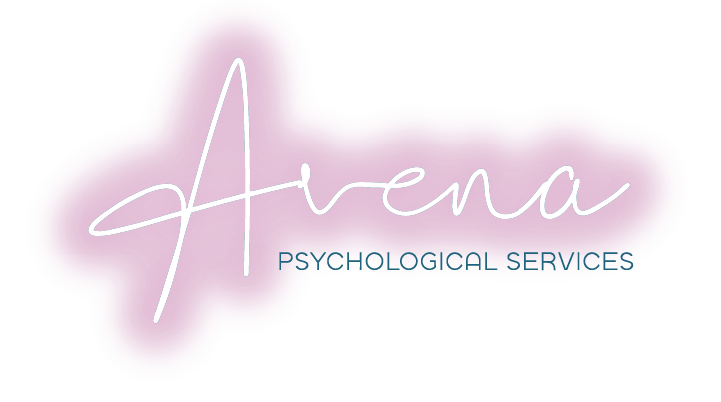Have you ever felt like your relationships are making you feel down, or even contributing to symptoms of depression or anxiety?
You’re not alone.
Many people struggle with navigating the complexities of interpersonal interactions, and sometimes, these struggles can take a toll on our emotional well-being. That’s where interpersonal therapy (IPT) comes in. Think of it as a warm embrace for your relationships, a helping hand in understanding and improving how you connect with others.
But what is interpersonal therapy?
In a nutshell, IPT is a type of talk therapy that focuses on the connection between your current relationships and your emotional state. It’s based on the idea that difficulties in our relationships, like grief, conflict, social isolation, or role transitions, can be a major trigger for depression or other mental health challenges.
Here’s how it works:
- Building a Strong Bond: The first step in IPT is establishing a safe and supportive space where you can openly talk about your relationships and emotions. Your therapist will be your anchor, someone who listens without judgment and helps you feel heard and understood.
- Identifying Your Interpersonal Issues: Together, you and your therapist will explore the specific areas in your relationships that are causing you distress. This might involve talking about communication problems, unresolved conflicts, or feelings of loneliness or isolation.
- Developing Coping Skills: Once you’ve identified the challenges, IPT equips you with tools and strategies to address them. You’ll learn how to:
- Communicate assertively and effectively.
- Resolve conflicts in a healthy way.
- Build and maintain supportive relationships.
- Develop healthy coping mechanisms for difficult emotions.
The Benefits of Interpersonal Therapy:
The beauty of IPT is that it’s not just about alleviating symptoms; it’s about empowering you to build stronger, more fulfilling relationships. By addressing the root of your emotional distress, you can:
- Reduce symptoms of depression and anxiety.
- Improve your communication and conflict resolution skills.
- Strengthen your social support network.
- Boost your self-esteem and confidence.
- Feel more connected to others and experience greater overall well-being.
Is Interpersonal Therapy Right for You?
If you’re struggling with difficulties in your relationships and it’s impacting your emotional health, IPT might be a good option for you. It can be particularly helpful for people experiencing:
- Depression
- Anxiety
- Grief and loss
- Loneliness and social isolation
- Relationship conflict
- Life transitions
Remember, seeking help is a sign of strength, not weakness.
If you’re considering IPT, don’t hesitate to reach out to a mental health professional to learn more and see if it’s the right fit for you. With its warm and supportive approach, IPT can help you navigate the complexities of relationships and build a brighter future for your emotional well-being.
Contact us to schedule an appointment with a professional in New York or New Jersey.

